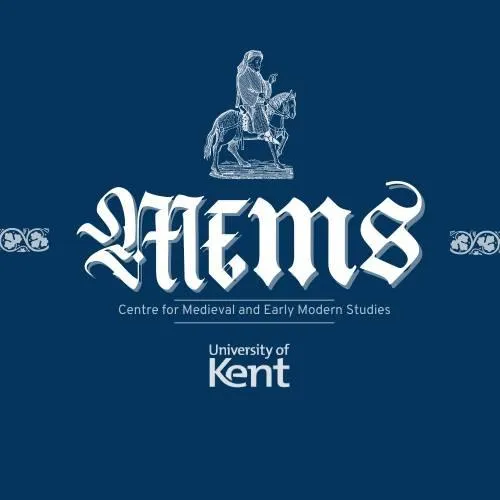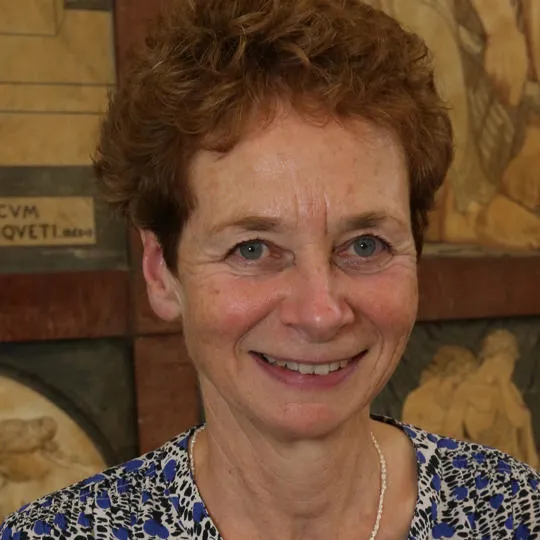Knowledge Orders before Modernity: a Leverhulme Doctoral Scholarships Programme

How to apply
'Knowledge Orders before Modernity: a Leverhulme Doctoral Scholarships Programme' aims to reboot the study of written heritage by equipping future generations with critically endangered skills and technical expertise essential for understanding manuscript texts and archival records. Investigations and studentships within the programme will be grouped into four strands: exploring technologies of knowledge, embodied knowledge, system of knowledge and chronologies of knowledge. The programme will focus on the methods of the past, the present and the future, such as AI-powered handwriting recognition programmes, as well as image and language generation.
'Knowledge Orders before Modernity: a Leverhulme Doctoral Scholarships Programme' combines the old and the new. It seeks to challenge a conventional periodization within the Anglophone literature which associates complex knowledge, complex archival mechanisms, and mundane recording with the arrival of print. It explores the capacity of the handwritten word comparatively, outside, and well as within western cultures. It looks at the dynamics of the system from the bottom up. It recognises that today’s students are citizens of a different world from that in which much scholarship was written, and they need a means of access to handwritten knowledge about the pre-modern past.
King’s and the University of Kent are leading centres for the study of pre-modern documentary and manuscript cultures, with a history of institutional investment in skills training and digital humanities, a rich variety of colleagues skilled in the analysis and interpretation of pre-modern cultures of writing, who can learn from each other academically, pedagogically, but also in terms of institutional culture. Our institutions include experts in pre-modern knowledge and communication, from private and governmental records, to the bureaucracy of the papacy, from the vernacular documents of the post-Roman West to the archives and libraries of the Mediterranean and the Islamic, Jewish and Greek worlds, from high status to informal writing, and world-leading expertise in digital humanities, at King’s Digital Laboratory (KDL) and the Department of Digital Humanities. Colleagues at King’s and Kent have intersecting expertise, spanning between us 2,000 miles, east to west, over a millennium, across four script systems (Latin, Greek, Arabic, Hebrew), and multiple languages (classical and vernaculars). They employ two of six post-holders in medieval palaeography in the UK, specialist teachers of post-classical Latin, and offer the only doctoral programme in Palaeography and Manuscript Studies in the UK (King’s).



